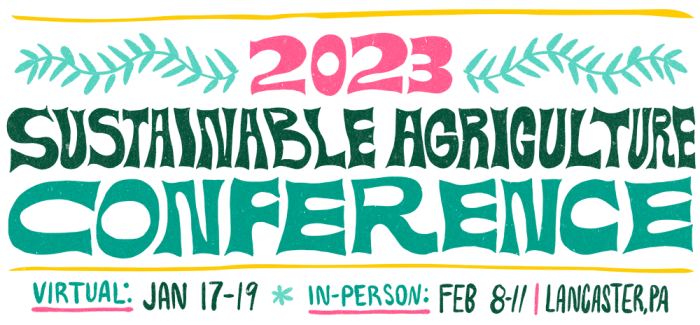The push for sustainable diets is hitting a brick wall. A new study reveals that a staggering 80% of Americans are unwilling to even consider eating insects, despite the environmental benefits touted by advocates. The "yuck factor" associated with entomophagy—eating insects—is a major hurdle, and it could be a catastrophe for our planet"s future.
Public Disgust Stalls Sustainable Eating
Research published in npj Sustainable Agriculture highlights that while 91% of people are open to trying plant-based alternatives, only 20% are willing to try insects. This is not just a quirky trend; it reflects deep-seated cultural attitudes that pose serious implications for our climate.
Economic Barriers to Insect Consumption
The study also points out significant economic barriers. Most companies are opting to raise insects for animal feed rather than human consumption, which limits the market for insect-based foods. If we are going to address the climate crisis, we need to challenge these economic models that fail to prioritize human consumption of sustainable protein sources.
Meat Consumption Rises Despite Environmental Concerns
As global meat consumption continues to rise—especially in newly affluent countries like China—the environmental toll of livestock farming grows heavier. Livestock farming is responsible for over half of global water pollution and contributes to a third of all greenhouse gas emissions. The need for alternatives is urgent.
Denmark Sets a Progressive Example
Denmark is taking bold steps by implementing a plan to reduce meat consumption and promote plant-based diets. Jacob Jensen, Denmark’s Minister for Food, Agriculture and Fisheries, declared, “If we want to reduce the climate footprint within the agricultural sector, then we all have to eat more plant-based foods.” This approach meets people where they are, aiming to shift dietary habits through accessibility and taste.

1/17-1/19 and 2/8-2/11 | 2023 PASA Sustainable Agriculture Conference ...
Changing Culinary Traditions is No Easy Task
According to Dustin Crummett, co-author of the study, changing culinary traditions is a monumental task. “There is no cultural history of consuming insects in Western contexts,” he explains. This means that simply promoting insects as a sustainable alternative is not enough. We must create food products that are not only better for the environment but also delicious and convenient.
Time for Action on Sustainable Diets
As reported by researchers, the current market for insect-based food is incredibly small, even in cultures where eating insects is traditional. This highlights the urgent need for a strategic shift in how we promote sustainable eating. It is not just about the food itself; it’s about reshaping cultural perceptions and making sustainable choices the norm.
Future of Food is at Stake
We are at a crossroads. With climate change accelerating, we need to mobilize public sentiment towards sustainable food practices. The overwhelming rejection of insect consumption could spell disaster for our environmental goals. It’s time to prioritize education, accessibility, and innovation around sustainable diets.

Marchers sound urgent call for climate change action | CNN







![[Video] Gunfire between Iraqi security forces and Sadr militias in Baghdad](/_next/image?url=%2Fapi%2Fimage%2Fthumbnails%2Fthumbnail-1768343508874-4redb-thumbnail.jpg&w=3840&q=75)
